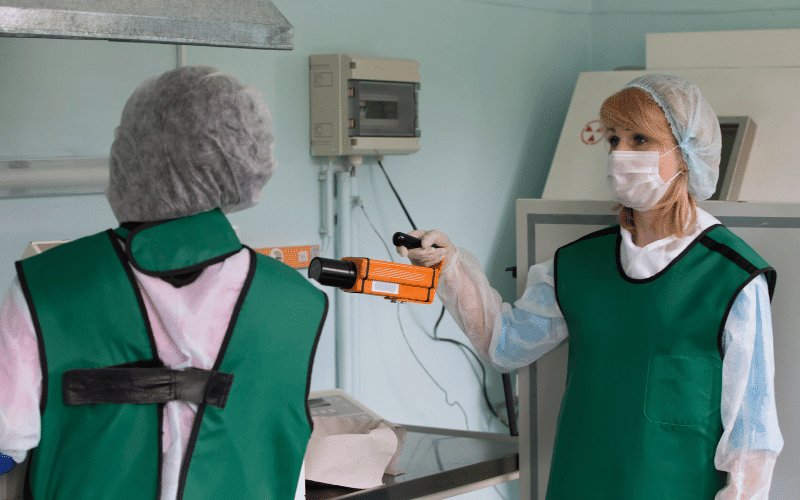9. Navigating the Course: Treatment Options for Thyroid Nodules

The treatment approach for thyroid nodules largely depends on their size, symptoms, and whether they are benign or malignant. The broad range of treatment options aims to manage symptoms, correct hormonal imbalances, and, when necessary, address cancerous growth.
Watchful waiting is a common approach for small, benign thyroid nodules that aren’t causing symptoms. This involves regular monitoring of the nodule without any immediate treatment. If the nodule grows or begins to cause symptoms, a different treatment approach may be necessary.
For nodules that produce excess thyroid hormones, medication may be used to regulate hormone levels. Radioactive iodine treatment is another option for these hyperfunctioning nodules. This treatment involves swallowing a small amount of radioactive iodine, which then targets overactive thyroid cells, reducing their activity and size.
In cases where thyroid nodules cause physical discomfort or difficulty swallowing or breathing, surgery may be considered. Surgical removal of the nodule or the entire thyroid gland, known as thyroidectomy, can provide long-term relief from these symptoms. After a thyroidectomy, hormone replacement therapy is usually necessary to compensate for the loss of the thyroid gland.
For cancerous thyroid nodules, treatment typically involves a combination of surgery, radioactive iodine therapy, and possibly external radiation therapy or chemotherapy. Targeted therapy, a newer type of treatment that specifically targets cancer cells, may also be an option for certain types of thyroid cancer. (9)